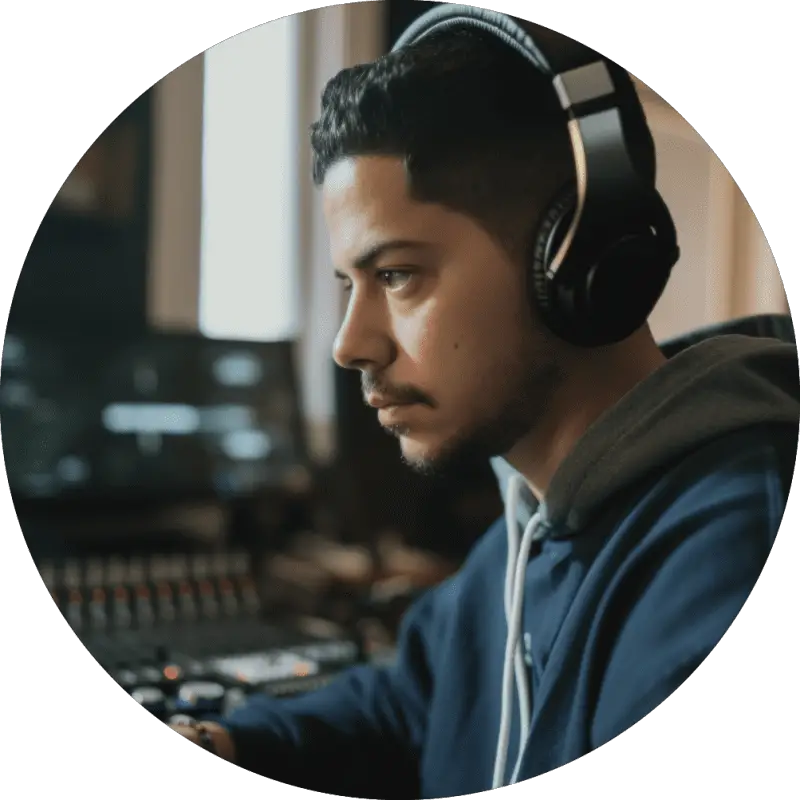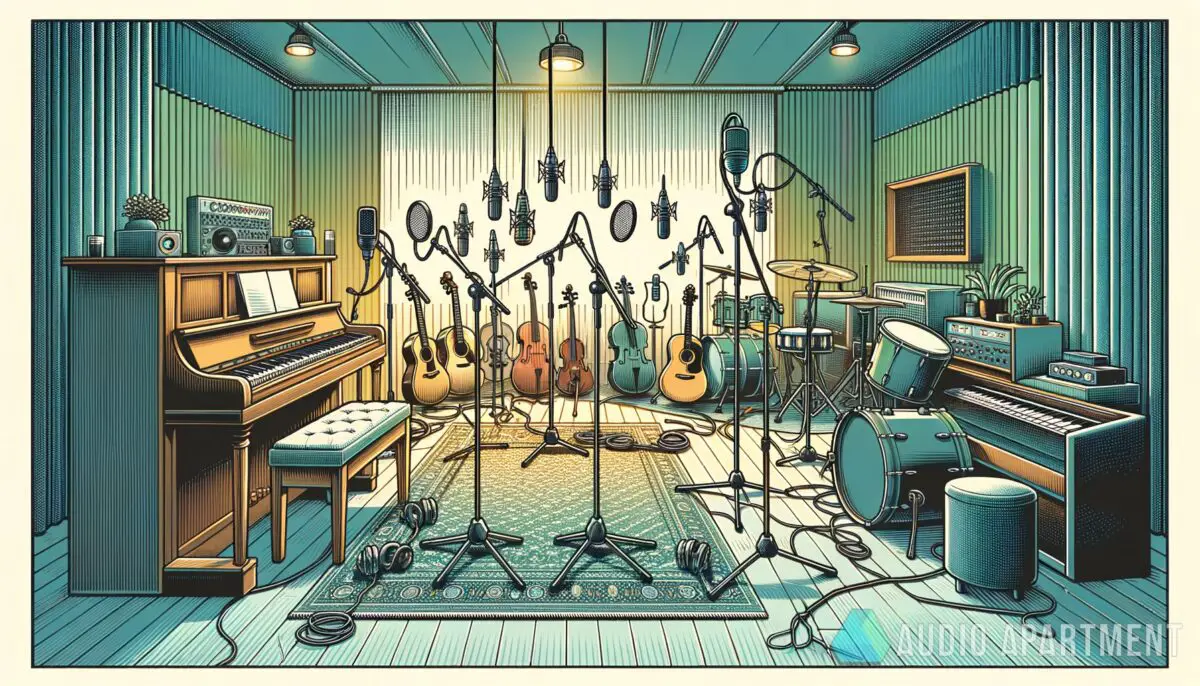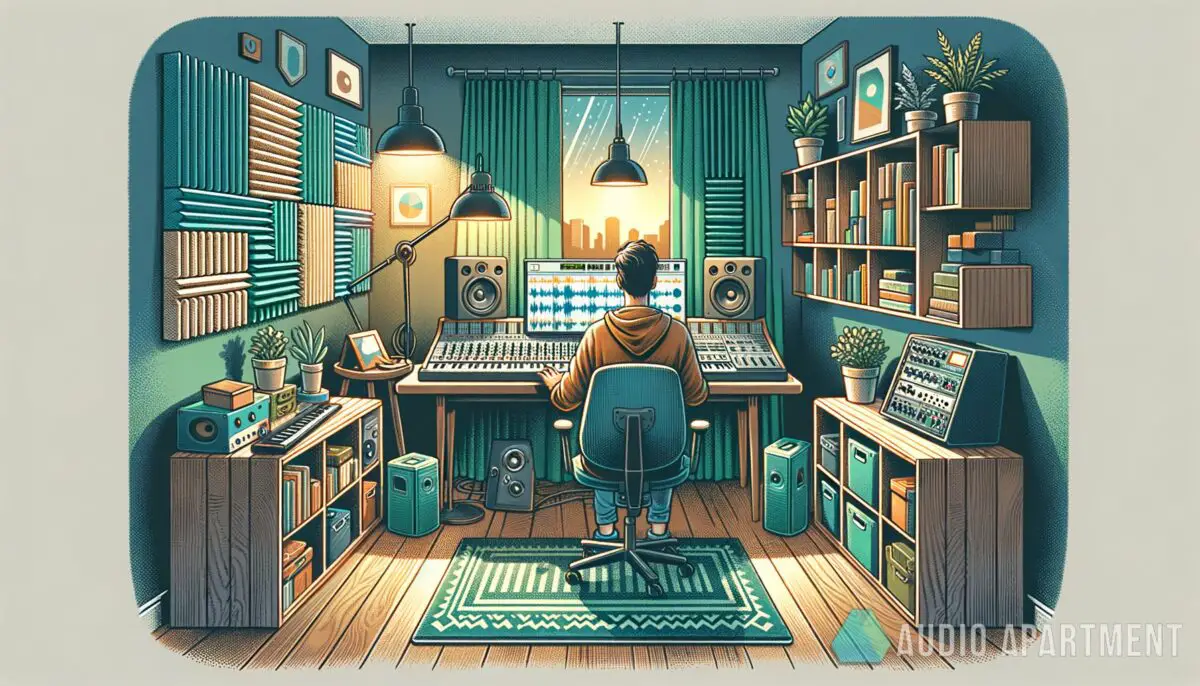In the world of music, improvisation takes center stage, adding a dash of creativity and a sprinkle of surprise. But what exactly is improvisation in music? Step into the realm of musical spontaneity and creative expression as we embark on a captivating exploration of this dynamic art form. From jazz to blues and beyond, let’s uncover the joyous liberation of letting the notes take flight and allowing your soul to dance to the rhythm of the unknown.
What is improvisation in music? Improvisation in music refers to the act of creating and playing new music on the spot, without prior preparation. It involves using available resources, such as musical instruments and listening skills, to compose music spontaneously.
What does improvisation mean in music?
Improvisation in music refers to the act of creating and performing music spontaneously, without the use of written notation or preparation ahead of time. Instead, musicians invent musical ideas on the spot. This can involve inventing new melodic lines, harmonies, rhythms, or lyrics.
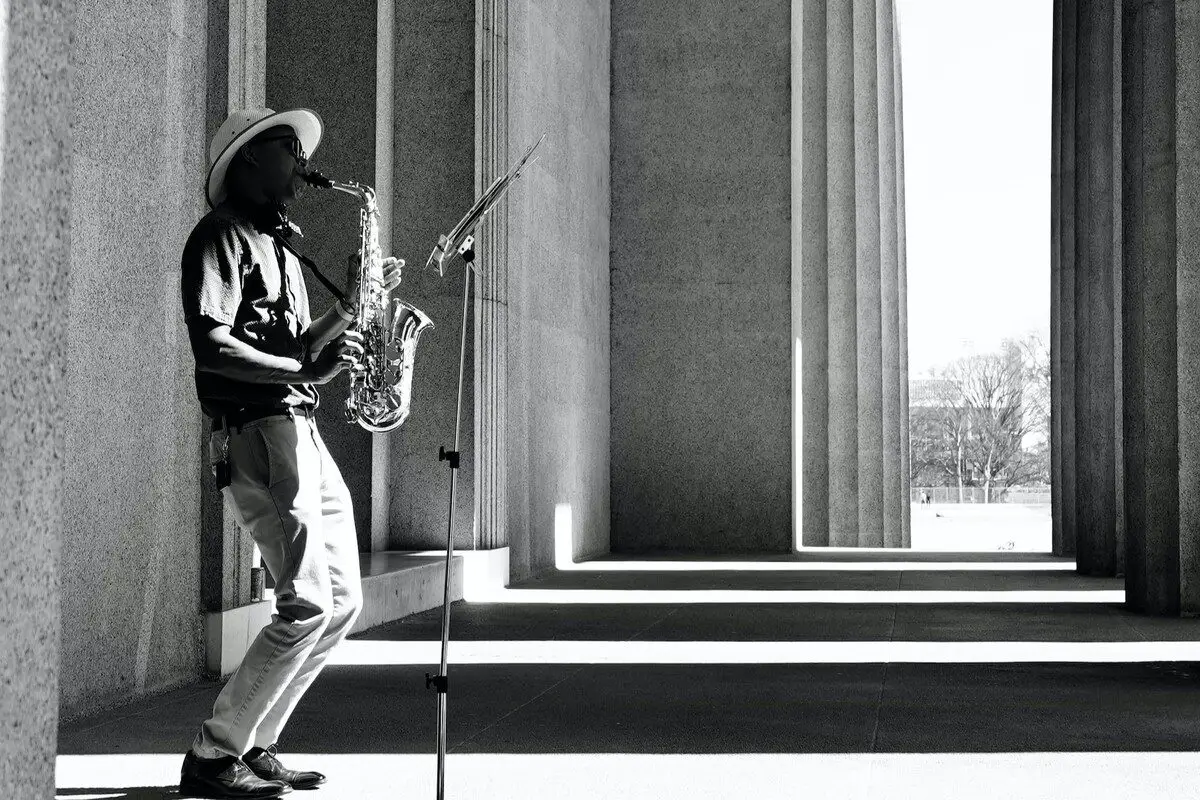
But to be clear, improvisation isn’t just wild, free-for-all jamming. It’s usually within a certain framework, like a chord progression or musical style. Jazz and blues music, for example, often feature significant improvisation, with musicians taking turns playing improvised solos over a common chord progression.
AKAI Professional MPK Mini MK3

AKAI Professional MPK Mini MK3
What are the basics of music theory?
When it comes to improvisation, having a basic understanding of music theory can work wonders. By familiarizing yourself with elements like scales, harmony, keys, and notes, you’ll gain valuable insights that can greatly enhance your improvisation skills. Let’s break it down further.
One of the foundational elements is pitch, which refers to the perceived frequency of a sound – how high or low it seems.
One of the foundational elements is pitch, which refers to the perceived frequency of a sound – how high or low it seems. These are usually referred to by note names (A, B, C, etc.) in Western music. A note, on the other hand, represents the pitch and duration of a musical sound. They often act as the “building blocks” of music.
Another crucial element in music theory is the scale and key. A scale is a set of musical notes ordered by pitch, usually arranged in ascending and descending sequences. The most common scales in Western music are the major and minor scales. The key of a piece is the group of pitches or scale, that forms the basis of a music composition, often determining the ‘home base’ or tonal center of the piece.
Chords, consisting of multiple notes played simultaneously, and harmony, the blending of these sounds, create musical depth. The melody, a satisfying sequence of notes, creates the recognizable ‘tune’ of the piece. Rhythm and tempo provide the flow and pace, creating the dynamic movement of the music.
Lastly, dynamics indicate the loudness or softness of a piece, and the time signature dictates how the music is counted. The form, the organizational structure of the piece, guides the progression of the music.
What are the different types of improvisation in music?
Improvisation in music is a vibrant and expansive field, with countless techniques emerging over the years. It’s such a vast field that attempting to catalog every form could result in a list as endless as a musician’s repertoire. So for the sake of simplicity and focus, I’ve outlined the frequently used methods in music improvisation you should know.
- Sequences: Sequences are a popular approach in improvisation. In this method, performers repeat the same intervallic and melodic structure on various levels of a scale while playing an instrument.
- Scalar Improvisation: Scalar improvisation is a somewhat advanced technique. Here, musicians craft new melodies within the boundaries of a specific scale.
- Arpeggios: Unlike sequences and scalar improvisation, arpeggios focus more on the chords within a piece of music. An arpeggio occurs when each note of a chord is played individually. This sequential playing of chord notes introduces another layer to musical improvisation.
- Neighboring and Leading Tones: This technique is another favorite among many musicians for improvisation. Here, the musician places emphasis on a specific note in a scale and its adjacent tones. The method revolves around approaching the chosen note either diatonically or chromatically.
Why is it important to know various musical styles and genres?
Being familiar with a range of musical styles allows you to break free from imitating a single song or genre. By incorporating various sounds, scales, and musical ideas into your improvisation, you can create truly original and captivating music. Drawing inspiration from different genres and styles adds a unique flavor to your improvisations, making them stand out in the vast musical landscape.
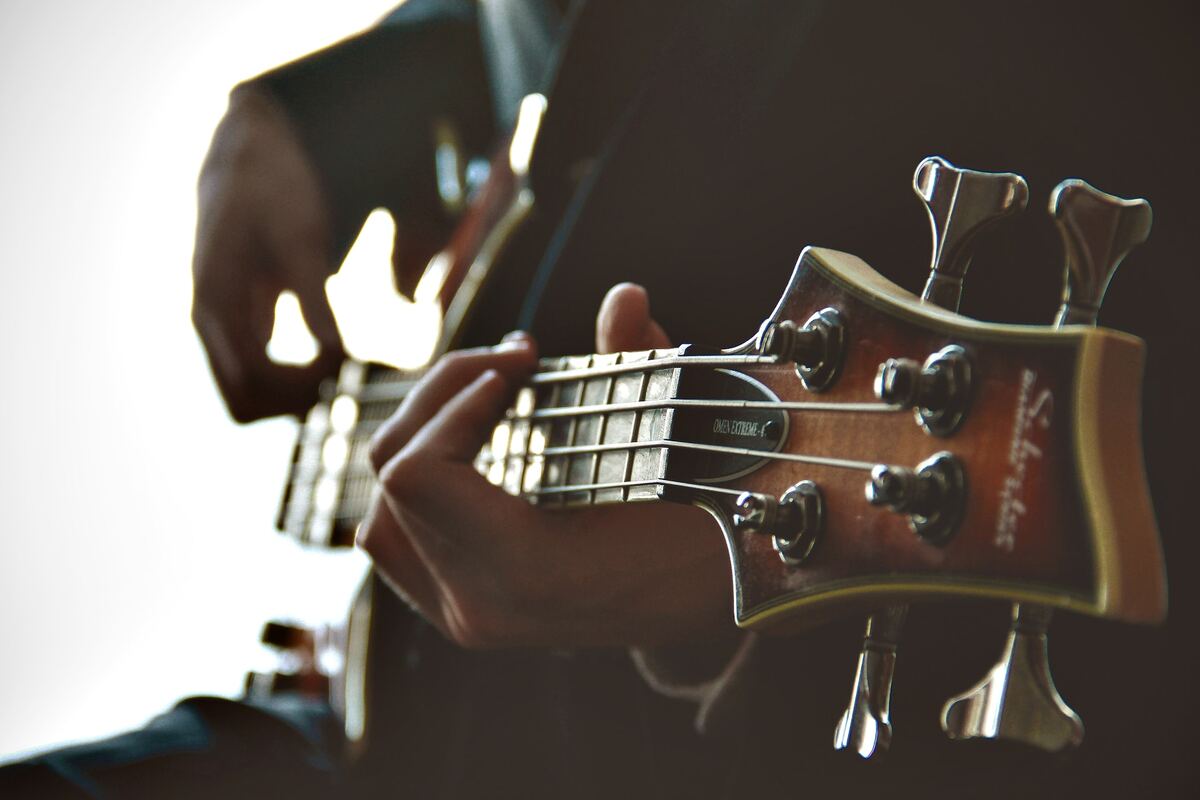
In the era of crossover genres, remixes, and musical fusion, the most memorable and groundbreaking pieces often draw from a variety of genres and styles. By exploring and embracing the boundaries between genres, you can create your own musical identity, infusing your improvisations with fresh and unexpected elements. It’s like mixing your favorite flavors together to create a delectable musical concoction.
What are some tips for improvisation?
Ready to unleash your inner musical maverick? Here are some tips and tricks to take your musical improvisation game to the next level.
- Open your ears: When it comes to improvisation, developing your listening skills is crucial. Opening your ears allows you to truly engage with the music around you and respond in the moment. Let’s delve into the importance of active listening and how it can enhance your improvisation:
- The power of active listening: Active listening involves fully immersing yourself in the music, paying attention to the nuances, dynamics, and emotions conveyed by the performers. By actively listening, you can absorb musical ideas, melodic patterns, and rhythmic variations that inspire your improvisations. It’s like gathering a palette of colors from different artworks to create your own masterpiece.
- Develop your musical awareness: When you actively listen, you start noticing the intricate details of a musical piece. You become aware of the interplay between different instruments, the choices made by the musicians, and the overall structure of the music. This heightened musical awareness enriches your improvisations, enabling you to respond and interact with your fellow musicians or backing tracks in a more meaningful way.
- Train your musical memory: Active listening also helps develop your musical memory. As you expose yourself to a variety of musical styles, genres, and performances, you start internalizing patterns, melodies, and rhythms. This stored musical vocabulary becomes a valuable resource when improvising, allowing you to draw from a vast library of musical ideas and effortlessly weave them into your improvisations.
To help you navigate your improvisation journey, here’s a small table of dos and don’ts:
| Dos | Don’ts |
|---|---|
| Embrace imperfection | Expect immediate perfection |
| Start small and gradually progress | Overwhelm yourself with complex improvisations |
| Believe in your ability to improvise | Compare yourself unfavorably to others |
| Stay motivated and positive | Get discouraged by initial imperfections |
| Experiment and have fun | Limit yourself with self-imposed constraints |
If you want even more great tips and information, check out the video.
Frequently asked questions (FAQ)
Have a question in mind? Check out these common FAQs about improvisation in music!
Can I improvise even if I’m a beginner musician?
Absolutely! Improvisation is not limited to advanced musicians. In fact, beginners can benefit greatly from exploring improvisation early on in their musical journey. It helps develop your creativity, musical intuition, and overall musicianship. Don’t be afraid to give it a try!
How can improvisation improve my overall musical skills?
Improvisation offers a unique opportunity to enhance your musical skills in various ways. By improvising, you develop your ear training, rhythmic sense, melodic phrasing, and the ability to adapt to different musical contexts. It’s like a musical workout that strengthens your overall musicianship.
Do I need to be proficient in music theory to improvise?
While having a basic understanding of music theory can be helpful, it’s not a requirement to start improvising. Improvisation is more about connecting with your musical instincts and exploring the sounds that resonate with you. As you continue your musical journey, learning music theory can deepen your understanding and enhance your improvisational skills even further.
Conclusion
Did I cover everything you wanted to know? Let me know in the comments section below. I read and reply to every comment. If you found this article helpful, share it with a friend, and check out my full blog for more tips and tricks on improvisation. Thanks for reading and keep grooving to the rhythm of your own improvisation!
Key Takeaways
- Improvisation is a spontaneous act of creating and playing music without prior preparation.
- It can be embraced by musicians of all skill levels, including beginners.
- Improvisation enhances creativity, musical intuition, and overall musicianship.
- Active listening, music theory knowledge, and exploring different genres contribute to improved improvisational skills.
- Personal motivation, a positive attitude, and belief in one’s abilities are essential for successful improvisation.

